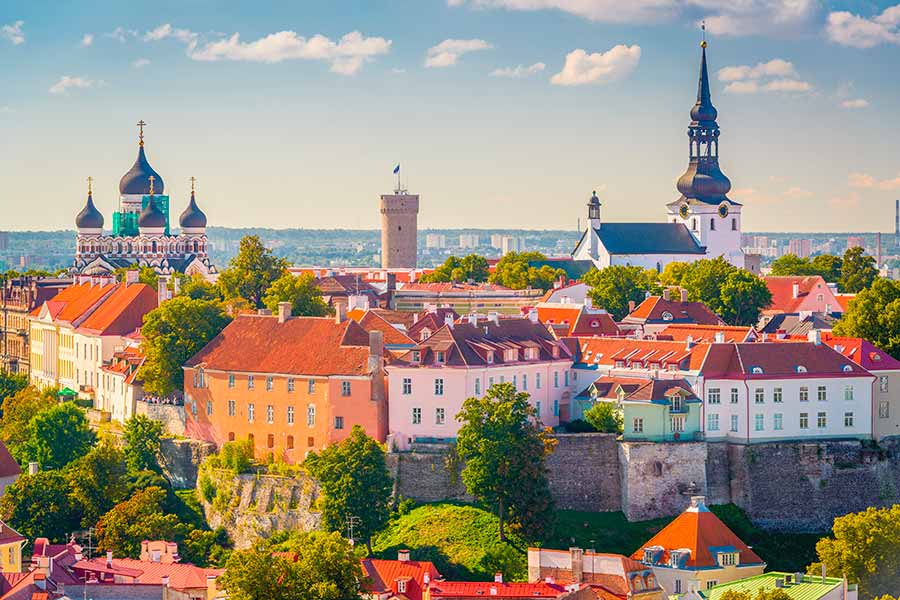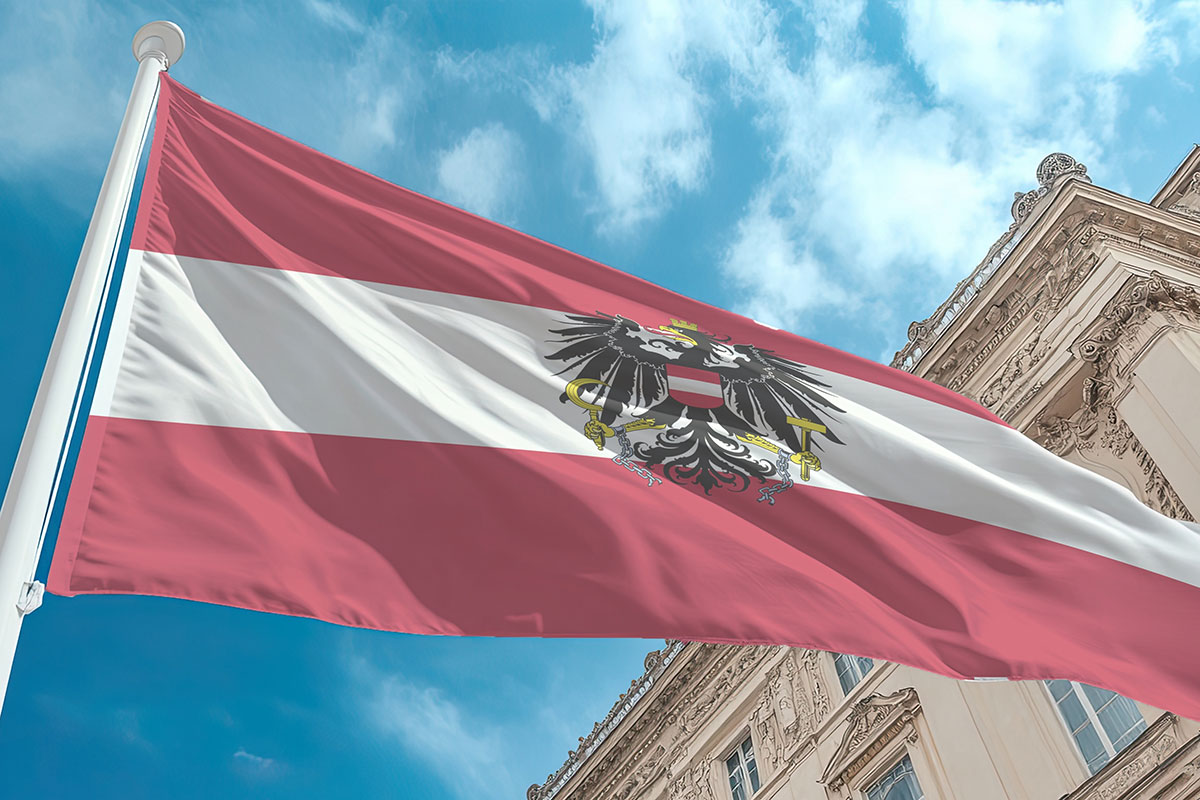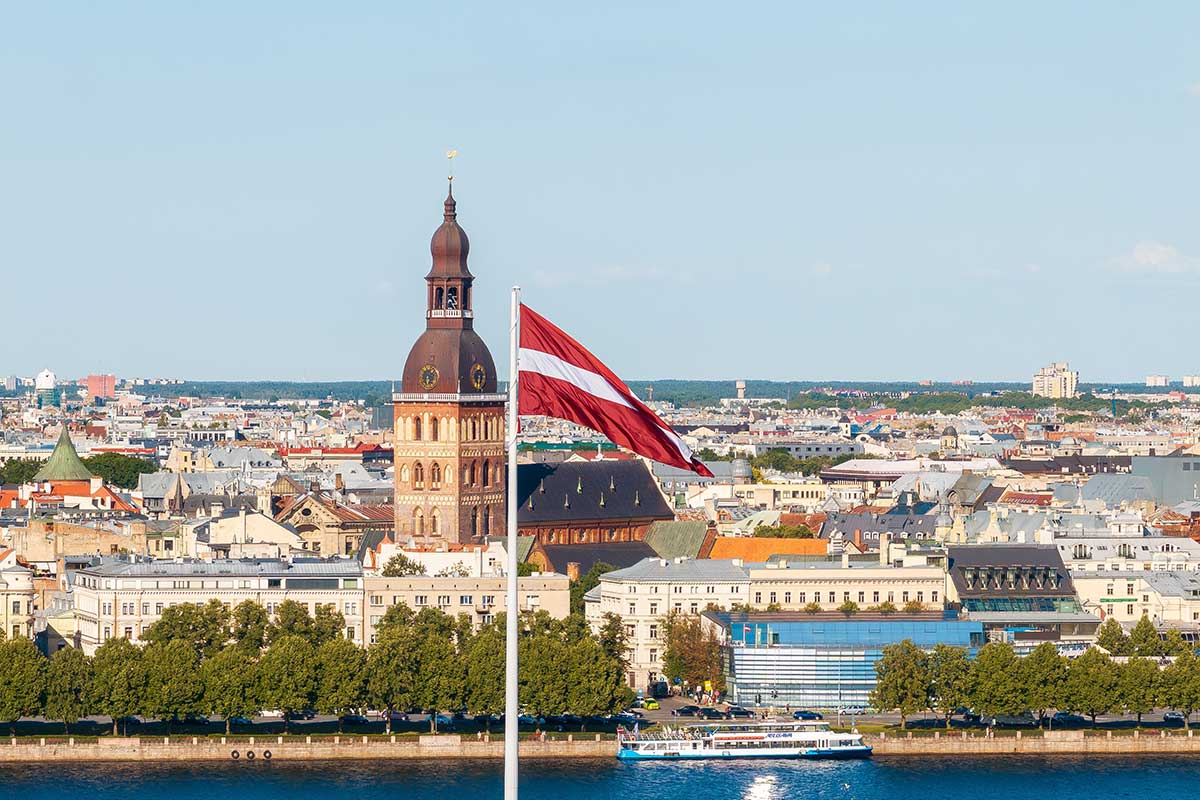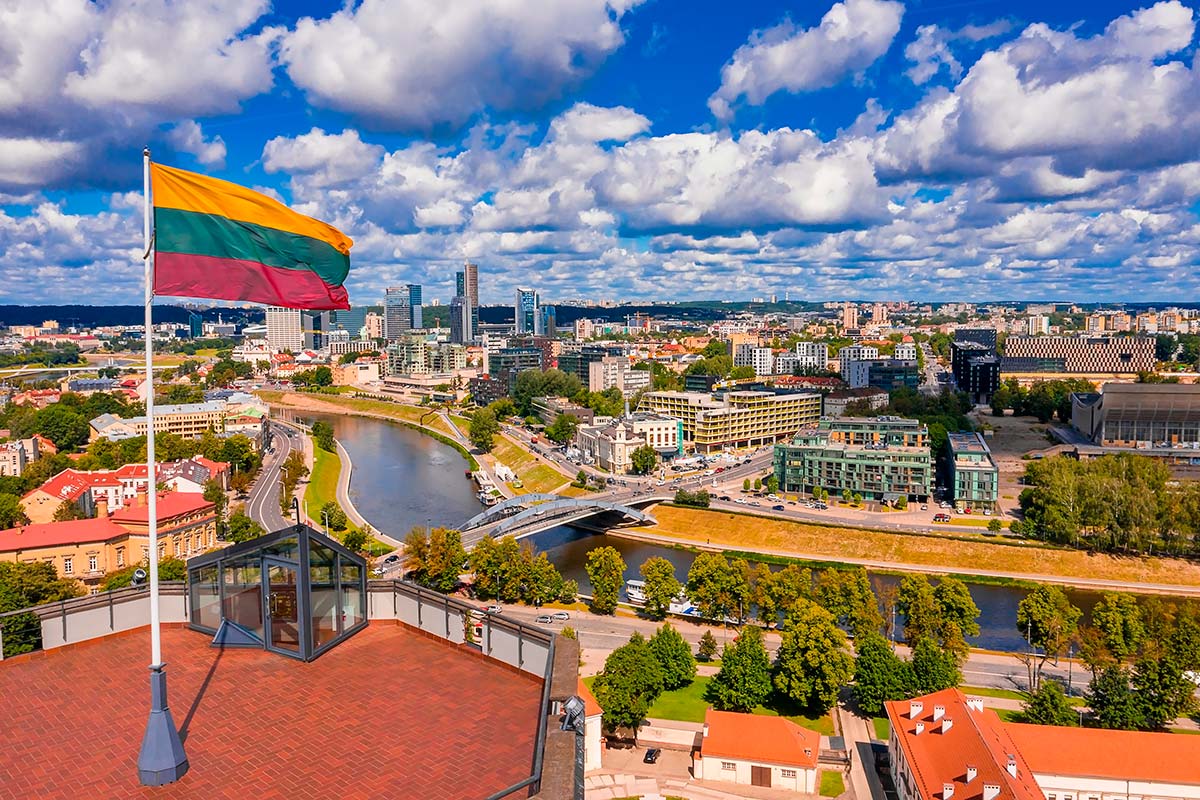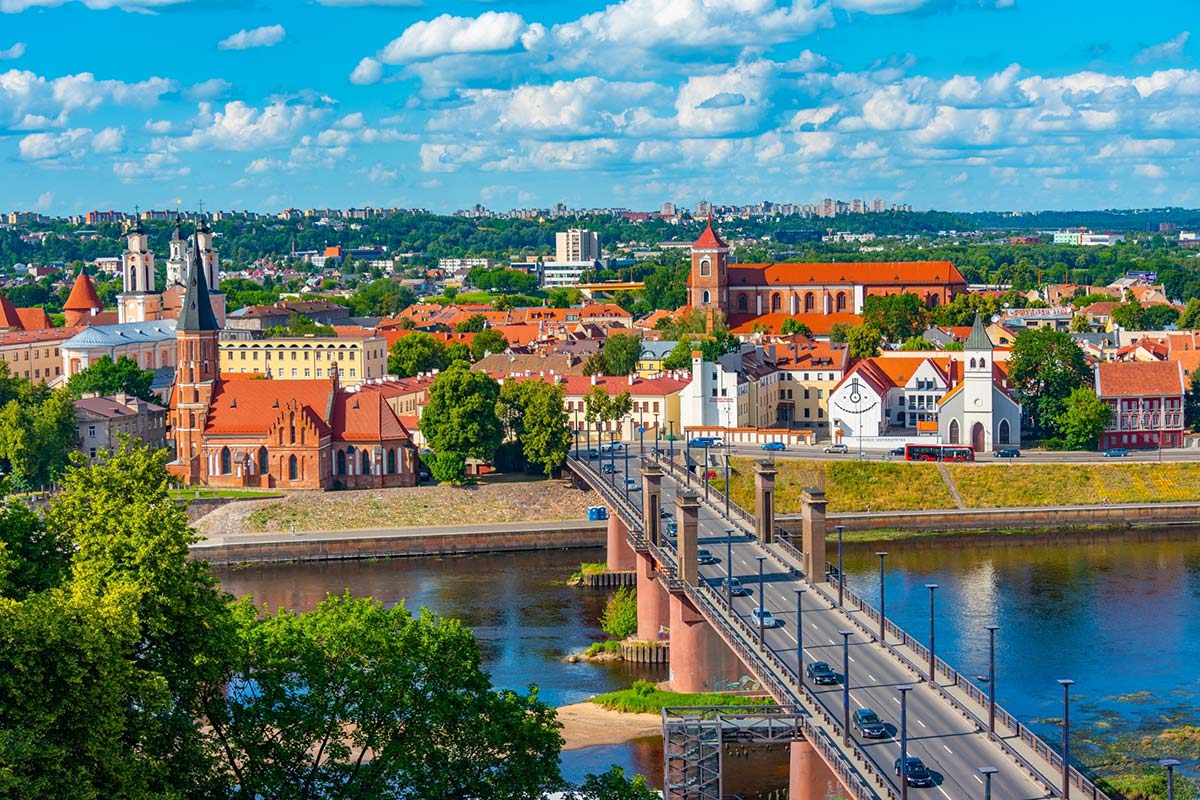Content
Estonian citizenship establishes a legal bond between an individual and the Republic of Estonia—and by extension, the European Union. Since Estonia joined the EU in 2004, holders of an Estonian passport have the right to live anywhere within the Union without time limits or additional documentation. An Estonian citizen may work, study, access banks and healthcare services, and open a business in any EU country on the same terms as native residents.
The majority of foreigners obtain citizenship through naturalization, a process that takes a minimum of 8 years from the moment the applicant receives their first residence permit.
To become a citizen of Estonia, one must not only reside in the country for the required period but also meet several legal and social criteria, including lawfulness, clean criminal record, integration into society, knowledge of the Estonian language, and a stable source of income.
Below you’ll find detailed information on the legal grounds for acquiring Estonian citizenship, the advantages and disadvantages of this status, as well as the step-by-step procedure and real-life experiences from immigrants.
Estonian Migration Legislation
The procedure for granting Estonian citizenship is governed by the Citizenship Act. Grounds for immigration and eventual naturalization are defined in the Aliens Act.
Dual and multiple citizenships are not allowed in Estonia. This means that anyone wishing to acquire Estonian citizenship must formally renounce their citizenship in their country of origin.
Rights of an Estonian Passport Holder
Citizens of the Republic of Estonia gain access to the following rights:
- Civil and political freedoms.
- Healthcare services.
- Free education.
- Access to the labor market.
- Social benefits and protections.
- Legal protection by the state.
- Freedom to use their abilities and assets as they wish.
At the same time, Estonian citizens are obliged to comply with the laws of the republic in accordance with national legal standards.
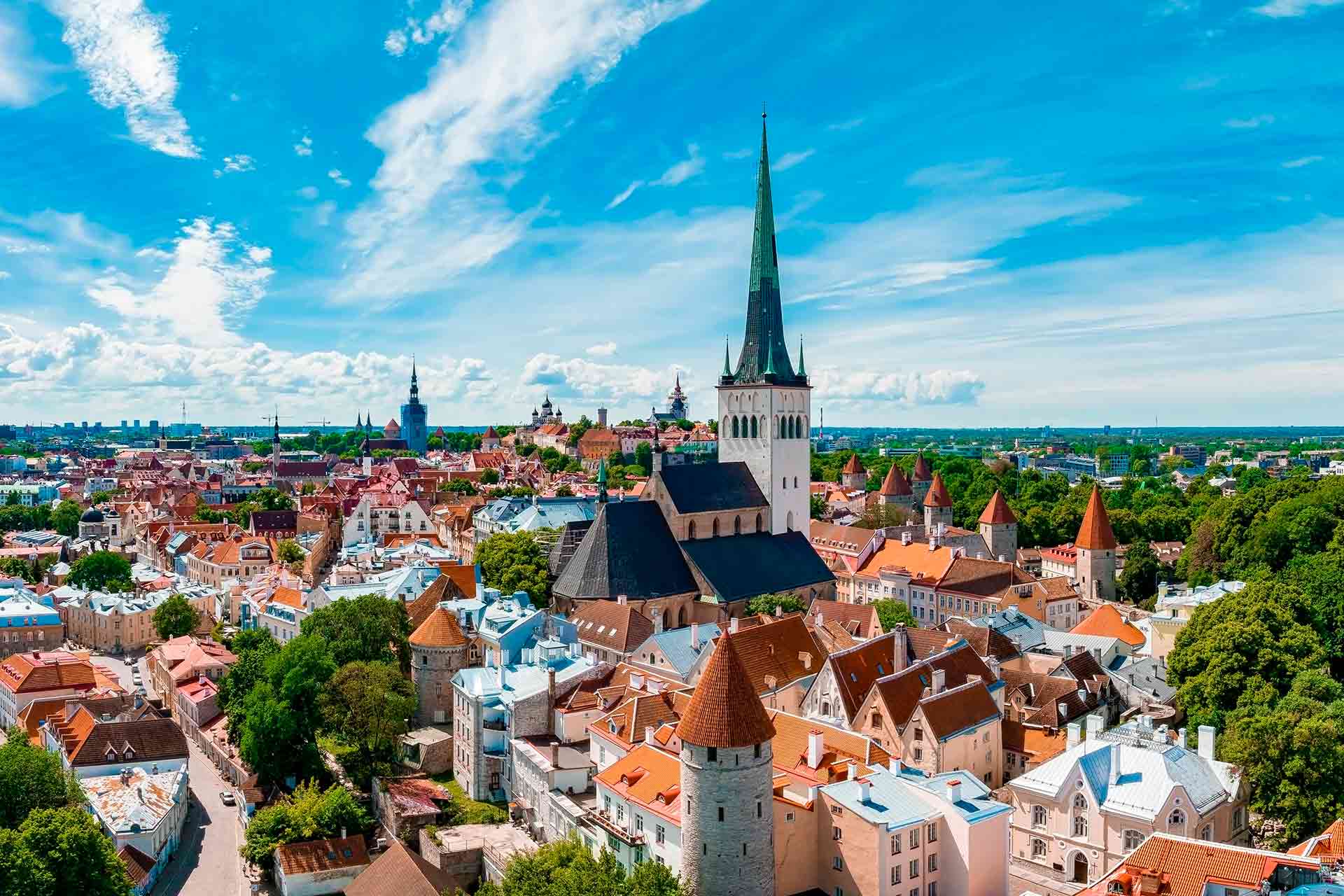
What an Estonian Passport Provides
An Estonian passport grants the holder access to the following benefits:
- Unlimited stay in any part of the Schengen Area.
- Official employment in any EU member state.
- Visa-free travel to 172 countries, including all of North America, Europe, Australia, and Japan.
- The ability to launch and grow a business in the European Single Market.
- Access to state support—including grants and allowances.
- Protection of civil rights abroad at the international level.
- Opportunity to study at top European universities, including tuition-free options.
- Access to healthcare services across the EU with basic health insurance.
Ways to Obtain Estonian Citizenship
Current pathways to Estonian citizenship include: birthright, naturalization, restoration of lost citizenship, and exceptional contributions to the state. Citizenship is automatically granted to individuals with at least one parent or legal guardian who is an Estonian citizen. A child born to immigrant parents does not automatically acquire Estonian citizenship.
Restoration of Citizenship
Citizenship may be restored to individuals who lost it before the age of 18, for example, due to a parent’s decision.
Estonian citizenship for special merit is awarded to no more than 10 individuals per year who have made a significant contribution to a field of national importance. In such cases, the application is submitted by a government representative, not by the applicant.
Naturalization
This is the most common path for foreign nationals. The applicant moves to Estonia, obtains a temporary residence permit (TRP), renews it as needed, and after 5 years of legal residence, may apply for permanent residency (PR). After 8 years of total residence and holding PR status, the applicant becomes eligible to apply for citizenship.
Marriage
Spouses of Estonian citizens or residents may apply for TRP. They must prove a genuine and stable marital relationship, and show lawful income of at least the minimum subsistence level. The host must have sufficient living space for both spouses. If authorities suspect the marriage is fictitious, the permit will be denied.
Family Reunification
TRP may be granted to those relocating to live with close relatives in Estonia. The inviting party may sponsor minor children, dependent adult children, parents, grandparents, or family members requiring care, provided they can financially support them. Family TRP is issued only if the host has legal residence and housing in Estonia.
Education
Applicants arriving for school, vocational training, university, or preparatory courses may be granted TRP. This also applies to interns, volunteers, and participants in youth or ministry-accredited programs. TRPs for education do not count toward permanent residency eligibility (residency requirement), but may be reclassified if the applicant transitions to employment.
Employment
Foreign nationals who are employed by a company in Estonia or by an institution registered in a member state of the European Economic Area (EEA) may be granted a temporary residence permit. In most cases, approval from the Estonian Unemployment Insurance Fund is required for the position. A foreign candidate may be hired only if no Estonian resident or EU citizen has applied for the job. The applicant is expected to possess the relevant education and qualifications for the position and to earn at least the average annual salary in Estonia.
Special Activities
A Temporary Residence Permit (TRP) may be granted to foreign nationals who have secured employment with a company registered in Estonia or within the European Economic Area (EEA). In most cases, employment requires approval from the Estonian Unemployment Insurance Fund. A foreigner may be hired only if no suitable local or EU citizen is available for the position.
The requirements are as follows:
- relevant education and qualifications;
- a salary not lower than the national average (approximately 1,800 EUR/month);
- special professions.
The following professional categories may obtain a residence permit directly, without requiring prior approval from the Estonian Unemployment Insurance Fund:
- Clergy.
- Accredited journalists.
- Employees transferred within a company.
- Teachers working in educational institutions.
- Researchers.
- Athletes, coaches, referees.
- Executives.
- Staff assigned on official duty.
- Representatives of startup companies.
Applicants intending to engage in such professional activities may apply for a residence permit after receiving an invitation letter from the relevant Estonian institution. In these cases, salary level requirements do not apply.
Investment
Foreign nationals who wish to obtain a temporary residence permit in Estonia must invest at least €1,000,000 in the country’s economy. The areas in which investments can be made are defined by law and include only registered companies, funds, and share securities (including real estate). To maintain the right of residence, the investment amount must be preserved in full for the entire duration of the residence permit.
Establishing a Business (Commercial Activity)
The right to reside in Estonia is granted to foreign nationals who hold a minimum share capital of €65,000 in a company operating in the country, to entrepreneurs who wish to establish a new company, or to freelance specialists. The minimum investment required from freelancers is €16,000. No capital requirement applies to approved innovative startup projects.
Financial Independence
Foreign nationals may obtain a temporary residence permit in Estonia if they have lawful and sufficient income (for example, working for foreign companies or receiving a pension). The minimum salary in Estonia is €820. This type of residence permit does not grant the holder the right to work in Estonia.
To discover new opportunities with EU citizenship
Is There a Simplified Procedure for Estonian Citizenship?
Estonian legislation does not provide any special procedure for granting citizenship in an expedited manner for specific applicants. Unlike some other European countries, Estonia does not offer simplified naturalization for foreigners married to local citizens or for major investors. The country also does not have a repatriation (return) program in place. However, applicants may obtain the passport of another European Union member state and relocate to Estonia permanently, enjoying all the rights available to Estonian citizens. Detailed information about this process can be obtained through individual consultations with immigration law specialists.
Requirements for Applying for Estonian Citizenship
The conditions required for a citizenship application vary depending on the legal basis of the application. Individuals who acquire citizenship by birth are not subject to additional requirements. A person who has lost their previous citizenship may regain this right if they reside continuously in Estonia and have renounced the citizenship of another country. Persons over the age of 15 who have made a special contribution to Estonia may obtain citizenship, provided they have sufficient income and receive an individual proposal from a local government representative.
Applicants seeking citizenship through naturalization must meet the following criteria:
- Be at least 15 years old.
- Meet the residency requirement: 8 years of residence, with the last 5 years spent continuously in Estonia (at least 183 days per year, with time abroad limited to a maximum of 3 months).
- Hold a permanent residence permit (PRP).
- Reside continuously in the country for at least 6 months after submitting the citizenship application.
- Successfully pass the Estonian language proficiency exam.
- Have a registered address within Estonia.
- Possess sufficient financial resources to support themselves and their dependents.
- Have knowledge of Estonian laws, the constitution, and the citizenship oath text, and accept this text.
- Demonstrate loyalty to the state and not pose a threat to Estonia’s territorial integrity, public security, or public health.
- Officially renounce former citizenship.
How to Obtain Estonian Citizenship: Step-by-Step Procedure
The process of acquiring Estonian citizenship consists of the following steps:
- Obtaining a National Visa.
The foreign national must apply for a long-term visa based on the same grounds they will later use to request a residence permit. The visa can be issued by an Estonian diplomatic mission and is valid for up to 12 months. - Relocation and Application for a Residence Permit.
Upon arrival in Estonia, the applicant must apply for a residence permit at a branch of the Police and Border Guard Board. Fingerprinting is required to receive a residence card. - Registration of Place of Residence.
Within one month of entering Estonia, the applicant must register their address in the Population Register and maintain it for the entire period of residence under the TRP. - Fulfilling the Residency Requirement and Obtaining PR.
A temporary residence permit (TRP) is typically issued for up to 5 years. After this period, the immigrant can apply for permanent residency (PR). The application for PR is submitted at a branch of the Police and Border Guard Board. - Submitting a Citizenship Application.
After 8 years of cumulative residence in Estonia and holding PR status, the applicant may apply for naturalization by submitting a request to the Police and Border Guard Board. Upon submission, the applicant receives a personal reference number, which allows them to track the application status online. - Waiting for a Decision on the Application.
Approximately six months after submitting the application, the applicant must confirm their intent to acquire Estonian citizenship and provide proof of renunciation of their previous citizenship. Once these conditions are verified, the application is forwarded to the government authorities, which issue a final decision within three months. - Receiving the Naturalization Certificate.
If the application is approved, the applicant receives a certificate of naturalization by post. On average, the process from submission to receiving the certificate takes around 9 months.

What Documents Are Required to Obtain Estonian Citizenship
When submitting an application for Estonian citizenship, the applicant must provide the following documents:
- A handwritten application form, completed by the applicant in Estonian.
- Two photographs (size: 40 x 50 mm).
- A passport or equivalent identification document.
- A permanent residence card or other proof of legal residence in the country.
- A curriculum vitae (CV) detailing family ties, professional experience, and military service (if applicable).
- Proof of education and work experience (if applicable).
- Evidence of stable and lawful income (such as a pension, salary, or scholarship).
- A certificate of successful completion of the Estonian language test.
- A receipt confirming payment of the administrative fee for processing the application.
- A certificate of knowledge of the Constitution and legal system of the Republic of Estonia.
Initial Relocation to Estonia: Required Documents for a Residence Permit
To relocate to Estonia, a foreign national must prepare a document package for a residence permit, the key element of which is proof of legal grounds for staying in the country. This may include:
- An invitation from a volunteer, religious, or research organization.
- A work contract with a local company.
- A business travel order (assignment letter).
- A certificate of enrollment from a higher education institution.
- Civil status documents, such as a marriage certificate with an Estonian citizen.
- Proof of investment in the Estonian economy.
Proof of Investment in the Estonian Economy
If the person applying for citizenship is a minor, a separate application must be submitted on their behalf. The application must include photographs, documents proving marital status, and documents demonstrating eligibility for obtaining the status. To obtain an Estonian passport, the applicant must provide a valid identity document, a certificate of naturalization, proof of payment of the state fee, and a color digital photograph taken within the last six months. Documents issued abroad must be translated into Estonian by a sworn translator and notarized.
Citizenship for Minors
If the applicant is a minor, a separate application must be submitted. The file should include:
- a recent photograph;
- civil status documents;
- proof of eligibility for citizenship.
To receive an Estonian passport, the applicant must present:
- A valid identity document.
- A certificate of naturalization.
- A receipt for the state fee.
- A recent digital color photograph (taken within the last 6 months).
- Foreign documents must be translated into Estonian by a certified translator and notarized.
Cost of Obtaining Estonian Citizenship
The total cost of acquiring Estonian citizenship includes:
- administrative fees;
- notary and translation services;
- immigration consultant services.
It is not possible to legally purchase an identity document in Estonia. While financial investment can support obtaining a residence permit, it does not grant any advantage in speeding up the citizenship process. Naturalized foreigners must also cover relocation and living expenses in Estonia until they meet the residency requirement, which can be significant.
The table below outlines the fees for citizenship processing and the approximate cost of intermediary services:
| Expense Category | Cost (€) |
|---|---|
| National Visa | 100 |
| Residence Permit | 24–190 |
| Residence Card | 40–65 |
| Permanent Residency (PR) | 64 |
| ID Card | 30–55 |
| International Passport | 45–70 |
| Notary/Translation Services | from 15 per page |
The lengthy naturalization process and the requirement to renounce previous citizenship are often unsuitable for many prospective immigrants. For citizens of Turkey, there is an opportunity to obtain a second passport in another EU country quickly and with minimal cost, with the assistance of migration lawyers. After that, they may relocate to Estonia for permanent residency.
Dual and Second Citizenship in Estonia
Estonian laws prohibit holders of an Estonian passport from possessing an identity document of another country. There are no bilateral agreements between Estonia and other states regarding dual citizenship. Foreign nationals wishing to acquire Estonian citizenship are required to renounce the citizenship of their home country. Retention of foreign citizenship may result in the revocation of the status granted by Estonia.
Individuals under 18 whose one parent is an Estonian citizen and the other a foreign national may hold multiple citizenships. However, they are considered a citizen of each country only within that country’s jurisdiction. Upon reaching adulthood, they must decide within three years which country’s citizenship they will retain.
Those who do not wish to renounce their current citizenship may obtain a passport from another EU member state and reside in Estonia with the same rights as local citizens. Detailed information about this procedure can be obtained through legal consultation.
Estonian Citizenship Documents
The primary identity document for Estonian citizens is a plastic chip-based ID card that meets European Union standards. This document contains information such as the holder’s name, registered address, nationality, and date of birth, and it is secured with digital fingerprints. It can be used for free movement within Estonia and across EU member states.
For international travel, Estonians use a burgundy-colored passport with a plastic biometric data page and paper pages for visa stamps. This passport allows Estonian citizens to travel to 172 countries without a visa or with an electronic visa. Visa-free destinations include Canada, the United States, Japan, most of South America (excluding Guyana), and Europe.
For stateless individuals holding a residence permit in Estonia, an internal identity document known as the «grey passport» is issued. For seafarers, a «blue passport» is provided. All these documents can also be issued in digital format and accessed through the official website of the Estonian government.
Reasons for Citizenship Application Rejection
Estonian citizenship applications are rejected in the following cases:
- Submission of falsified documents or documents belonging to another person.
- Errors in document preparation, such as missing notarized translations or incomplete biographical information.
- Actions that pose a threat to public order, constitutional structure, or national security.
- Criminal records related to terrorism or armed groups.
- Insufficient income level or failure to meet legal requirements.
Support from immigration law specialists is often preferred to successfully complete the citizenship process. These experts prepare applicants before visits to public institutions and ensure that all required documents are properly organized.
Alternative Paths to Estonian Citizenship
The most common path to obtaining Estonian citizenship is naturalization, which takes approximately 8 years from the time the first temporary residence permit is issued. However, an alternative method also exists: EU citizenship. Under Directive 2004/38/EC, a person holding the passport of an EU country has the right to reside indefinitely in any member state of the Union and to enjoy all local citizenship rights. Family members of such a person may also migrate to Estonia.
Individuals seeking an EU passport typically rely on comprehensive consulting services from international law experts. These services include examining the person’s origins, preparing documents, organizing meetings with official institutions, and providing guidance during the interview process.

